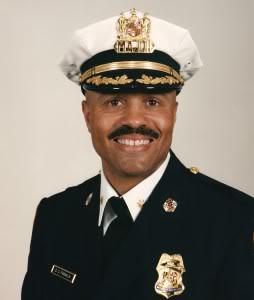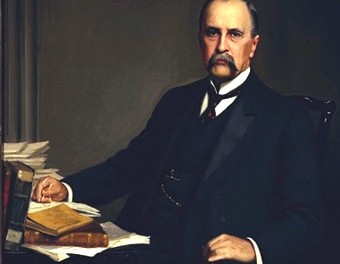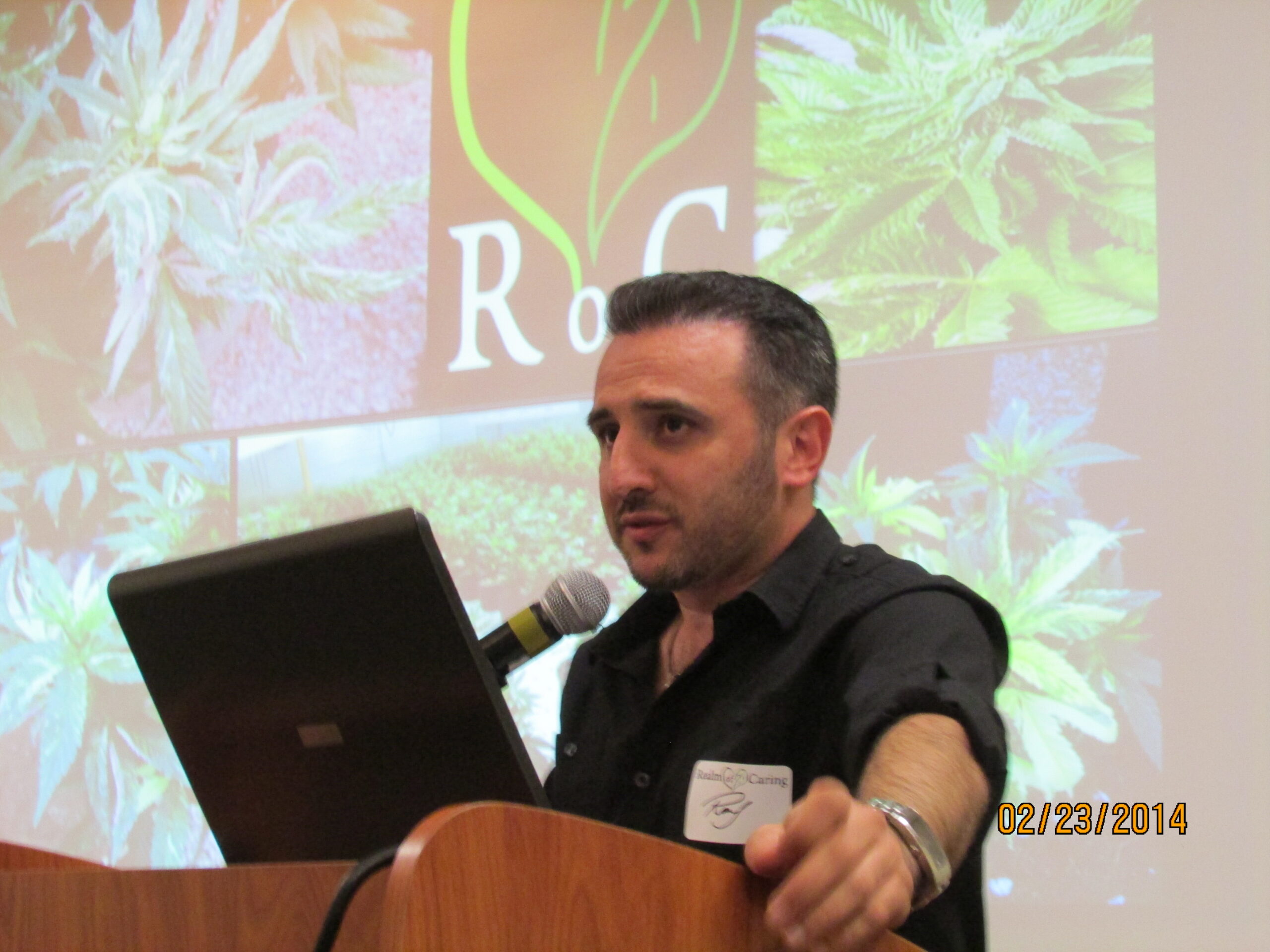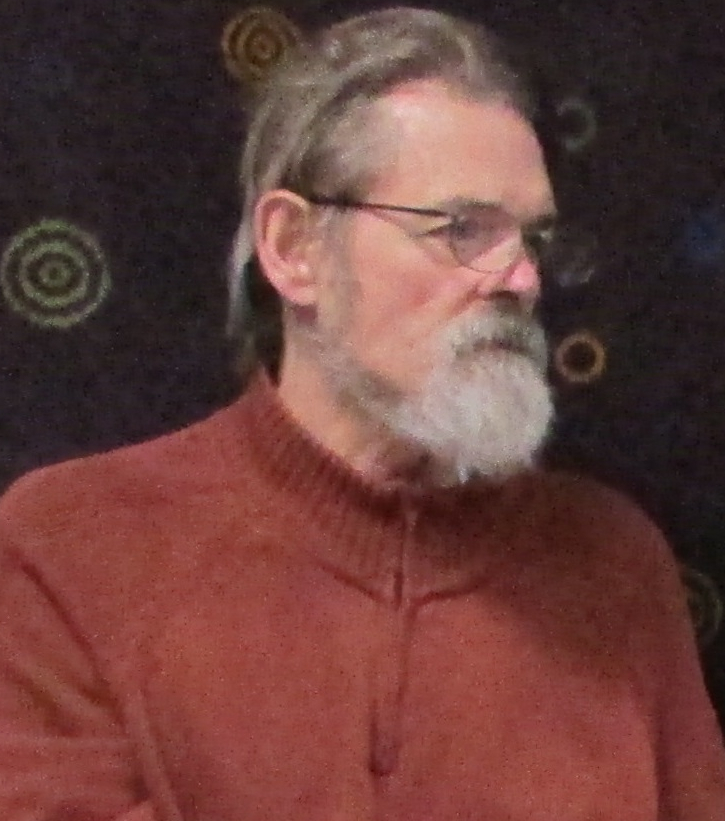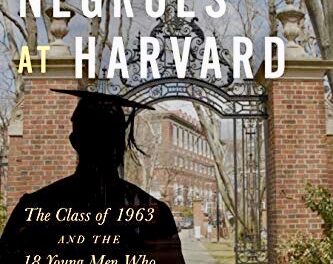June 4 Law Enforcement Against Prohibition had points to make about a CNN report estimating that nationwide, perpetrators in more than 400,000 rape cases remain free while police analysts sort through a massive backlog of untested evidence in the form of “rape kits.” LAPD deputy chief Stephen Downing commented,“Every few years a story like this comes out, and people are outraged for a short time and then it’s forgotten. What’s usually missing in the story is why there’s a backlog. And the answer is that because with a drug arrest, you have a person in custody with a right to a speedy trial, drug cases take priority in police labs. The backlog of rape kits, as well as thousands of other forensic tests related to crimes against property and persons, is often a direct consequence of drug prohibition and one more reason the war on drugs should be ended.”LEAP also weighed in on a report by the ACLU detailing large racial disparities in marijuana arrest rates. (Almost half of drug arrests are for marijuana, the report noted.) According to LEAP director Neill Franklin, a 34-year policing veteran,“Many people believe the police are racist. While this is no doubt true in some cases, the real problem is that the entire system of how we conduct the drug war is racist. Police are rewarded for number of arrests, and because people of color are more likely to complete drug transactions outdoors than white folks (as well as other factors), they’re more likely to be targeted for arrest. This also results in the arrest of lower-level operatives who have little effect on drug supply.”Spokesperson Darby Beck summed up LEAP’s response to the two recent reports. ”The backlog of rape kits is one more manifestation of how the drug war skews policing priorities, and the racial disparities ensure that in many communities, police are looked upon as the enemy.”LEAP represents more than 5,000 police, judges, prosecutors and other law enforcement officials, active-duty and retired. Contact darby.beck@leap.cc or 415.823.5496 to arrange an interview with a law enforcement professional opposed to the war on drugs.
LEAPing to Sensible Conclusions
